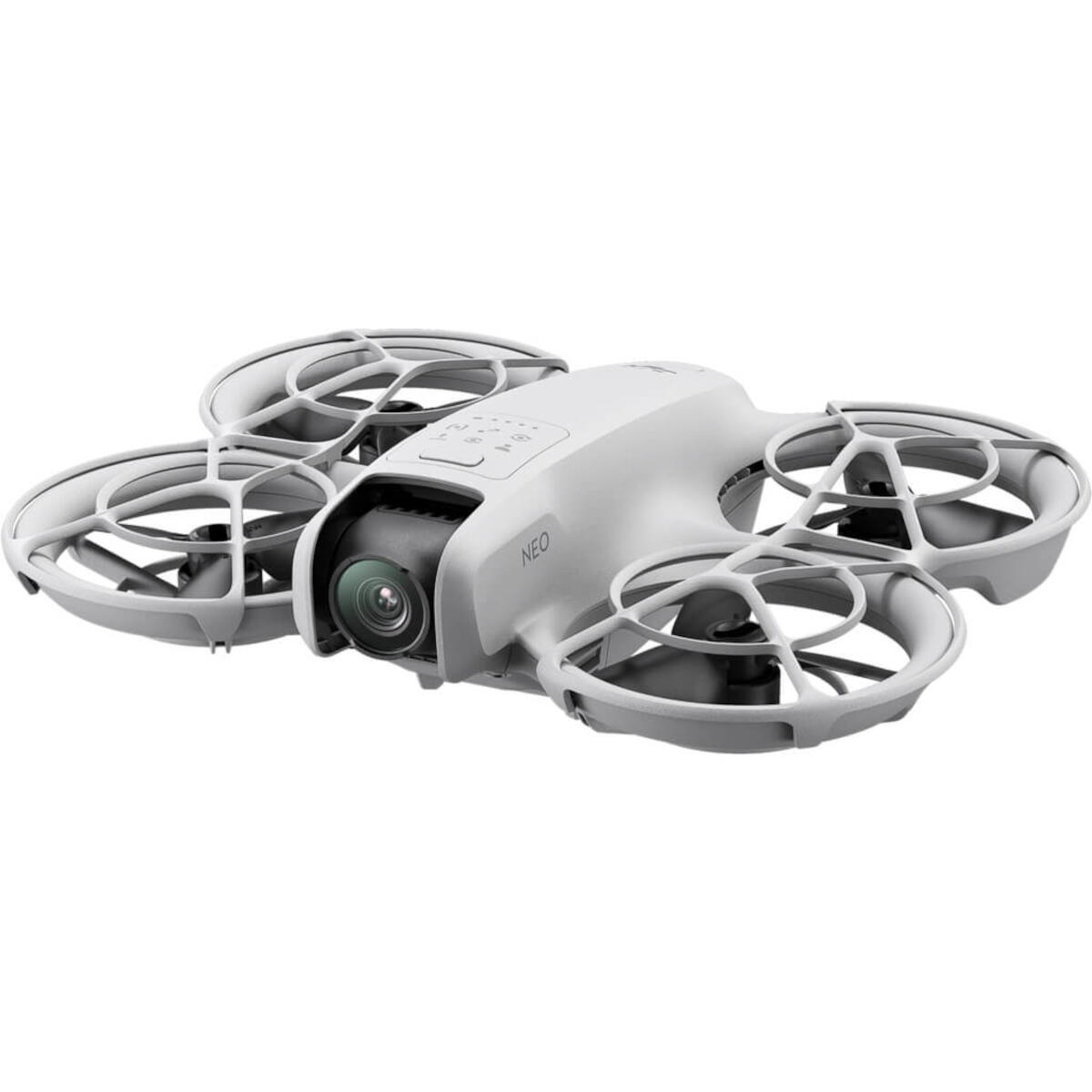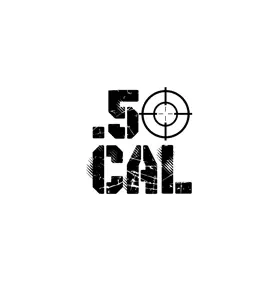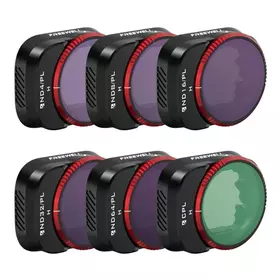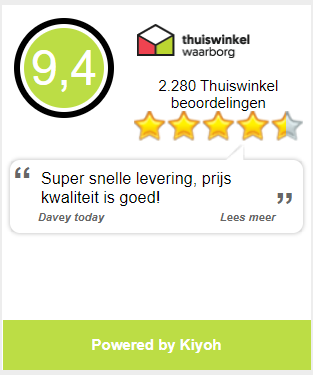Flying Drones Without a License? These Are the Best Mini Drones
Drone Regulations in the Netherlands in 2024: What You Need to Know
In the Netherlands, the rules for flying drones largely depend on weight, with an important threshold being 250 grams. Understanding these regulations is essential to safely and legally fly drones, both for recreational and commercial use.
Drones Over 250 Grams: What You Need to Do
For drones weighing more than 250 grams, the following requirements apply to legally operate them in the Netherlands:
-
Drone Pilot License (A1/A3 or A2) : You must complete an online training course and pass an exam to obtain an EU drone pilot license. This applies to drones between 250 grams and 25 kilograms.
-
Drone registration : You must register your drone with the RDW (Dutch Vehicle Authority). Registration is mandatory for all drones over 250 grams. The registration number must be clearly visible on the drone.
-
Insurance : Liability insurance is highly recommended and in some cases mandatory for commercial use. This covers any damage or injury while flying.
-
No-fly zones : Even with a license and registration, drone pilots must avoid no-fly zones, such as airports, military bases, and wildlife refuges. Always check your government’s drone map before flying.
-
Remote Identification : Drones must be equipped with a remote ID function so that authorities can track them in real time if necessary.
Drones under 250 grams: No License, But Still Rules
If your drone weighs less than 250 grams, such as the DJI Mini 4 Pro or DJI Mini 3, you do not need a drone pilot license. However, there are still important steps you must take to fly legally:
-
Drone registration : Although a license is not required, you must register the drone with the RDW. The registration number must be clearly visible on the drone.
-
Flying Safely : Always keep your drone in sight, avoid flying over crowds, and respect privacy rules, such as not capturing footage without permission.
-
No-fly zones : The same no-fly zones as for larger drones apply here. Check local restrictions before flying.
-
Insurance : Although not mandatory, it is wise to take out insurance, even for lighter drones, to cover damage or accidents.
Now that you understand the rules, let's take a look at three popular drones that fall into the light and compact category: the DJI Neo, DJI Mini 4 Pro, and DJI Mini 3.
 DJI Neo: Lightweight, Innovative & Hands-free
DJI Neo: Lightweight, Innovative & Hands-free
The DJI Neo FPV drone is an extremely compact drone of only 135 grams , designed for ease of use and excellent image quality. This drone is perfect for beginners and offers 4K Ultra HD video recording using a 1/2-inch sensor and RockSteady stabilization. The unique design makes it possible to take off and land from your hand. You don't even need a phone or remote control for the Neo. Choose the right program with the special button on the drone, take off from your hand and the drone does the rest! It automatically returns and lands in your hand. With your phone you have more control, including virtual "joysticks" to control the drone directly. With the DJI RC-N3 remote controller, the DJI Neo has a range of up to 10 kilometers under ideal conditions and the most intuitive and precise control of the DJI Neo drone.
Technical specifications :
- Weight : 135 grams
- Flight time : 18 minutes
- Maximum distance : 50 meters via Wi-Fi / 10km with DJI RC-N3 remote controller
- Camera : 12 MP, 4K/30fps video recording
With its lightweight design, you don't need a license to operate the DJI Neo in the Netherlands. However, it is still necessary to register the drone and follow other safety regulations. The intuitive controls and automatic stabilization features make it perfect for capturing smooth images, even for beginners.
 DJI Mini 4 Pro: The New Pinnacle of Lightweight Drones
DJI Mini 4 Pro: The New Pinnacle of Lightweight Drones
The DJI Mini 4 Pro camera drone is one of the most anticipated drones of 2024, building on the success of the Mini 3 series. It is designed for enthusiasts who want advanced features in a lightweight and compact package.
Technical Specifications :
- Weight : 249 grams
- Dimensions : 16 x 12 x 5.5 cm (foldable)
- Battery life : 45 minutes flight time
- Maximum Distance : 10 km
- Camera : 48 MP, capable of 4K video at 60 fps
- Obstacle Avoidance : Advanced 360° obstacle avoidance
Weighing in at just under 250 grams, you don’t need a license to fly the DJI Mini 4 Pro. However, registration is required. With its powerful camera and long flight time, this drone is a favorite among amateur and professional videographers alike. Its advanced obstacle avoidance system allows it to navigate complex environments with ease, making it ideal for urban and nature photography.
DJI Mini 3: Affordable, Compact and Powerful
The DJI Mini 3 is a slightly cheaper option compared to the Mini 4 Pro, but still offers a lot of functionality. This drone is perfect for casual users who want good performance without spending a lot of money.
Technical Specifications :
- Weight : 248 grams
- Dimensions : 15 x 11 x 5 cm (foldable)
- Battery life : 38 minutes flight time
- Maximum Distance : 8 km
- Camera : 12 MP, capable of 4K video at 30 fps
- Obstacle Avoidance : Basic forward and backward sensors
Like the Mini 4 Pro, the DJI Mini 3 doesn’t require a license, but registration is required. Its slightly lower camera resolution and battery life make it a more budget-friendly option, but it’s still more than capable of capturing stunning aerial footage. Its foldable design makes it easy to transport, while its compact size ensures it complies with all regulations for lightweight drones.
Conclusion
Flying drones in the Netherlands in 2024 is subject to various regulations, but understanding them can help you fly safely and legally. Drones under 250 grams, such as the DJI Mini 4 Pro and DJI Mini 3, do not require a license, but registration remains mandatory. Drones such as the DJI Neo offer an affordable entry point for new pilots without sacrificing essential features. Whether you are a beginner or an experienced drone enthusiast, there is a drone that suits your needs and complies with the latest Dutch regulations.
Drones in Other Countries: Always Inform Yourself About Local Rules
It is important to know that the regulations for flying drones can differ considerably from country to country. What is permitted in the Netherlands can be strictly prohibited in another country. Therefore, we cannot provide specific advice on drone use abroad. The rules vary from country to country and are often changed, which makes it difficult to provide up-to-date information.
If you are planning to take a drone on holiday, it is essential to inform yourself well in advance about the regulations in the country you are going to. The aviation authorities and relevant government agencies of that country are the best sources for up-to-date regulations. This also applies to taking a drone on a plane; each airline has its own rules about transporting batteries and drones, so always check the conditions with the airline.
Violating drone regulations abroad can result in heavy fines, confiscation of your drone, or even criminal prosecution. To avoid any problems, we strongly recommend that you thoroughly read up on the matter and contact the aviation authorities and other relevant authorities in the country you are traveling to. This way, you can enjoy your vacation with peace of mind without worrying about potential legal issues with your drone.






